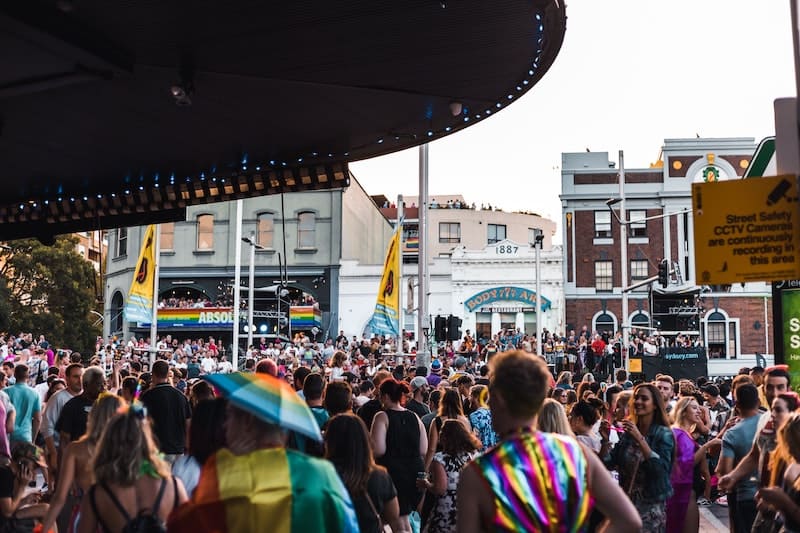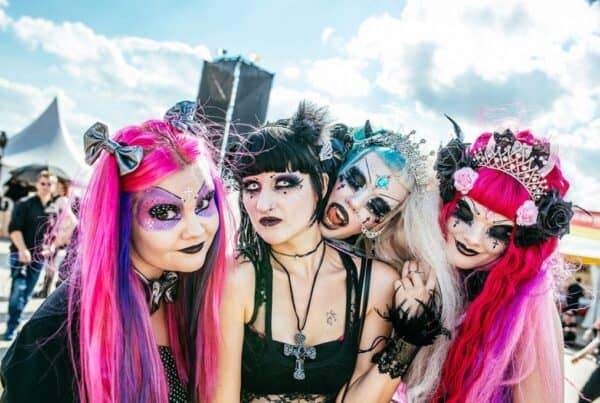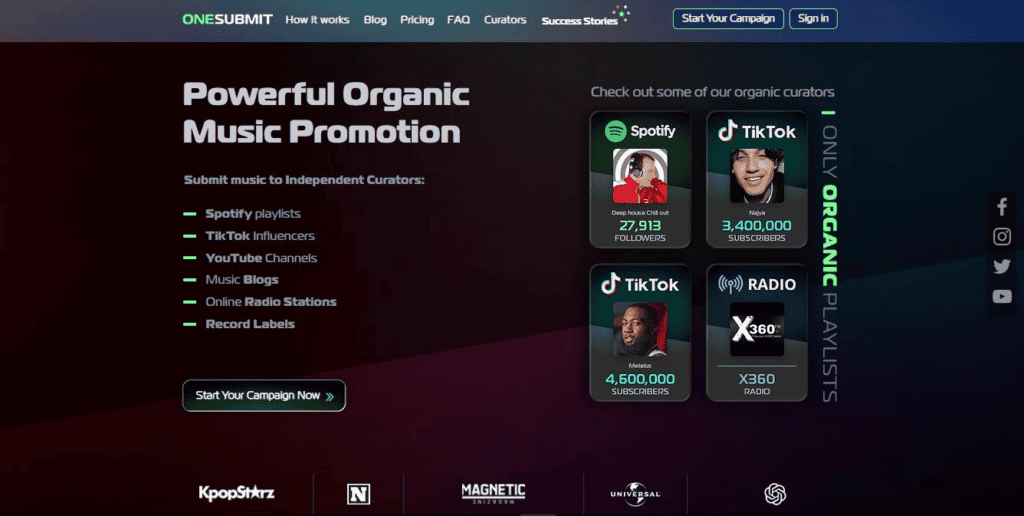The environment we currently live in is a lot more open and acceptable than it has been in previous years, but being explicitly LGBT+ in the music industry can be a risk. Your sexuality and gender identity can evoke mixed emotions from an audience. On a personal level, being LGBT+ can be dangerous depending on your home life, where you live geographically and who knows about your identity, and this hatred can be amplified to an audience of people when you are a musician because you are also a public figure. In recent years, LGBT+ musicians have been more open with their audiences about their identities. Demi Lovato first expressed their pansexuality, then their nonbinary identity. Hayley Kiyoko and Kehlani have shared their lesbian identities. Ricky Martin has opened up about hiding his attraction to and relationships with men. This is so important to the LGBT+ space, because LGBT+ artists help to normalise the LGBT+ experience and bring visibility to the community.

However, a noticeable difference between LGBT+ artists and straight artists is the way LGBT+ artists are policed for making music about their sexuality or identity. Policed, in this sense, means criticised or sent hate. LGBT+ musicians should be allowed to express themselves and their identities however they want to.
One example of this is the Lil Nas X music video for ‘Montero (Call Me by Your Name)’. It quickly garnered criticism for its use of Biblical imagery. The music video depicts The Garden of Eden and Hell, and in these settings Lil Nas X is seen kissing and giving a lap dance to the Devil. The main point of the criticism towards this video was that it’s disrespectful to depict Christianity through a gay or sexual lens. In response to this, Lil Nas X tweeted, ‘I spent my entire teenage years hating myself because of the shit y’all preached would happen to me because I was gay. So I hope u are mad, stay mad, feel the same anger you teach us to have towards ourselves’. The imagery chosen was chosen for a reason – Lil Nas X doesn’t care that ‘he’s going to hell because he’s gay’. He’s making fun of that ideology. He can reclaim that ideology because of his experiences.
The difference between expressions of straight and LGBT+ sexuality in music is the way LGBT+ artists are criticised for sharing their experiences, whereas straight sexuality is rarely sexualised. In a previous article, I wrote about how men can sexualise and dehumanise women in their music and it is consistently swept under the rug, yet when LGBT+ musicians write lyrics about their sexual experiences they are most often critiqued for it. The issue here is not with the musician, but with the audience, and how certain audience members have a distaste for consuming media about LGBT+ sexuality. There has always been a running theme in homophobia that LGBT+ sexuality and experiences are disgusting, and the criticism that LGBT+ artists face can be seen as an extension of this homophobia.
It’s important to note that not every sector of the LGBT+ community have the same experience, especially in regard to media portrayal.
In early 2021, Ashnikko released the ‘Demidevil’ EP, which included songs such as ‘Deal With It,’ ‘Cry’ featuring Grimes and ’Slumber Party,’ featuring Princess Nokia. ’Slumber Party’ is an explicit song that delves into a mutually female sexual experience. Ashnikko is pansexual and nonbinary, and the song was written from their experience. Therefore, by default, ‘Slumber Party’ is a fun song about a queer experience. However, this song received a lot of criticism for its lyrics, focusing on the recurring theme of doing sexual acts to “your girlfriend”. A lot of the disapproval surrounded the commodification and sexualisation of the lesbian experience, because this is a common theme in a lot of media. Lesbians (or anyone that doesn’t identify as a man who isn’t attracted to men) are consistently portrayed for the male gaze.
As a result of this duality of queer sexuality, songs about these experiences are either criticised for being disgusting or disrespectful (‘Montero (Call Me By Your Name)’), or appealing to the male gaze and men (‘Slumber Party’). The above examples are two different songs that queer artists have written about their own experiences. Queer people do not exist to be acceptable to their straight peers, but queerness does not exist in a bubble. All art is open to criticism, but queer experiences in music seem to get a lot more criticism than straight experiences, especially when LGBT+ artists write music about their sexuality.






